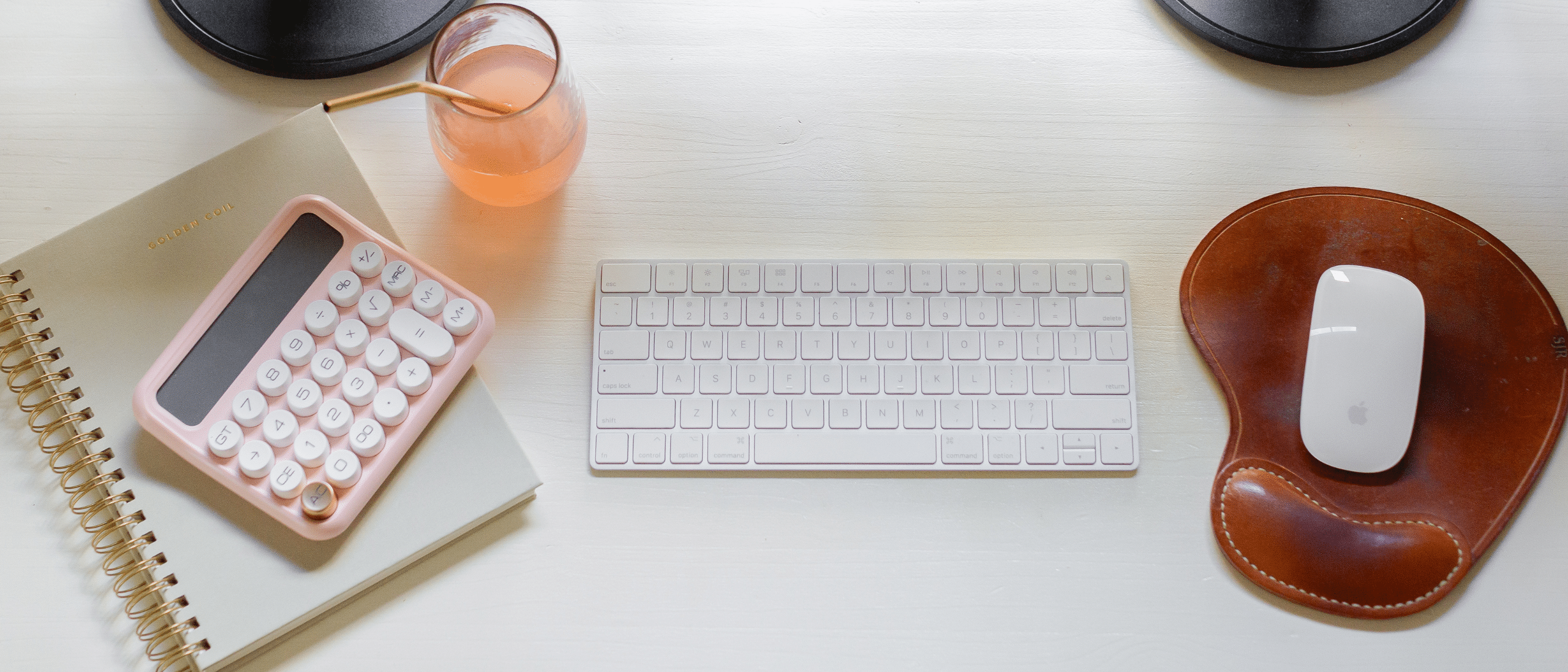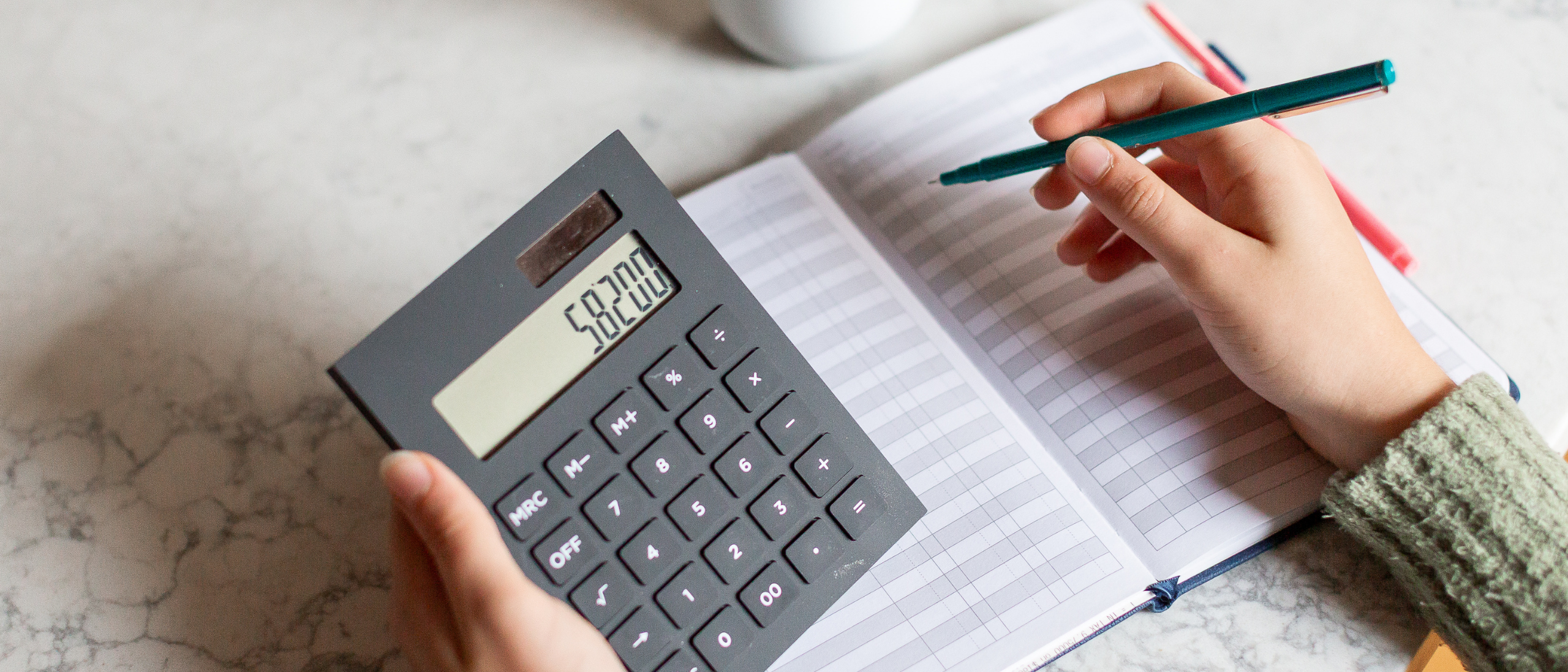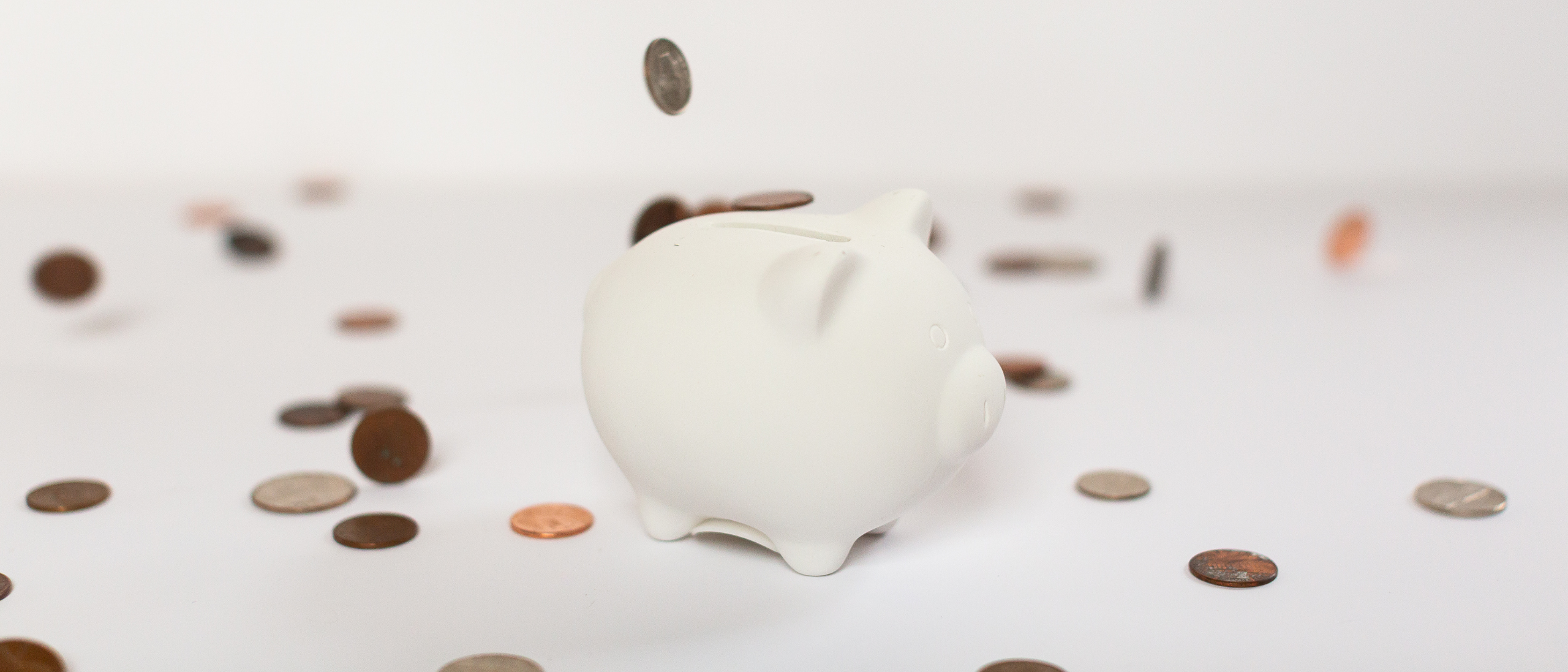Maybe you’ve dabbled with the idea of renting out your property to make some extra money but are worried it’ll end up costing you more than it’s worth come tax time.
Or maybe you just don’t want to deal with the hassle of filing rental taxes—tracking expenses, having yet another form to fill out, worrying you have another place to mess something up.
Whatever the reason, if you’ve been avoiding renting on Airbnb or a similar marketplace for tax purposes, there’s a loophole you need to know about. This special rule allows you to not pay taxes on a rental property—in fact, not even report the income—if you live at the property and rent it out for 14 days or less in a year.
The Basics of the 14-Day Loophole on Rental Property (aka The Masters Rule)
I know this sounds too good to be true, but it really is that simple.
The 14-day loophole—explained by the IRS in Topic 415—states that you don’t have to report the income or pay taxes on a rental property as long as:
- You use it as a residence at least 14 days of the year
- You rent it out fewer than 15 days a year
The one downside is, if you’re using this loophole, you can’t report the expenses from renting your place to reduce your personal taxable income.
In other words, the loophole doesn’t apply to someone who wants to regularly rent out a spare bedroom in their home or who has a second property that they use exclusively as a rental, but it’s incredibly useful in certain situations.
When to Use the 14-Day Loophole on Rental Property
The first and probably most popular reason to use this loophole is if you live in an area convenient to a major event that draws a lot of visitors to your city.
Think: a prime location in Austin during SXSW, a midtown NYC place during the Macy’s Day Parade, a home in a city where the Superbowl is being held. If the demand is high and you’ve got a good spot, you can charge a premium and make a hefty chunk of change without paying taxes on it. This loophole is sometimes called ‘The Masters Rule’ because of folks who live on the Augusta National Golf Course and rent out their homes during the 4-day Masters tournament, in some cases bringing in $25,000 of rental income in just a few days, tax free.
The rule can also be valuable if you’re going on an extended trip and don’t want your home sitting empty. Make some extra moo-lah to pay for your vacation, no taxes needed.
Finally, the 14-day loophole can be used as a way to dip your toes in renting your property, without dealing with the hullabaloo of taxes until you know you’re ready to commit.
Taxes When the Loophole Doesn’t Apply to You
Of course, if you’ve got a great property to rent out all year long, it’s not worth limiting yourself to 14 days just to avoid paying taxes—you will still make more money in the long run by renting out your place more.
If you are renting your property beyond the 14 days, just make sure to file with Schedule E of Form 1040 to avoid paying additional self-employment tax on the income, and definitely keep track of your expenses—like from having the place cleaned, repairs, etc.—to reduce the taxable income from your rental.
Ready to Make Extra Cash Using This Loophole?
What would you do with extra money every week? Hosts on Airbnb use the income they earn to improve their home, save for retirement or travel. Start hosting today!




